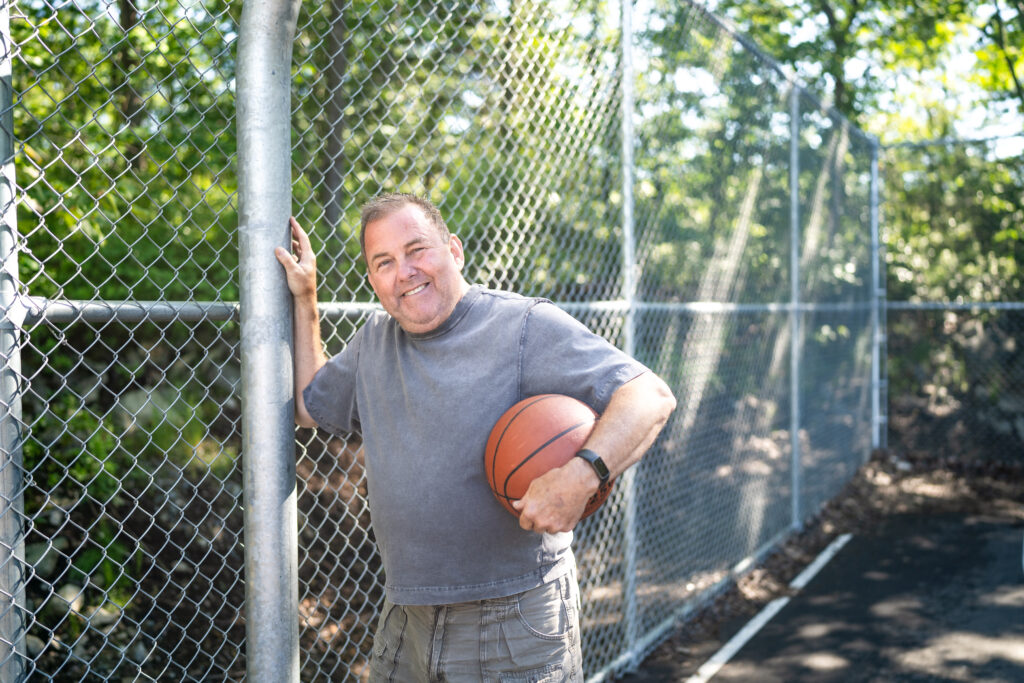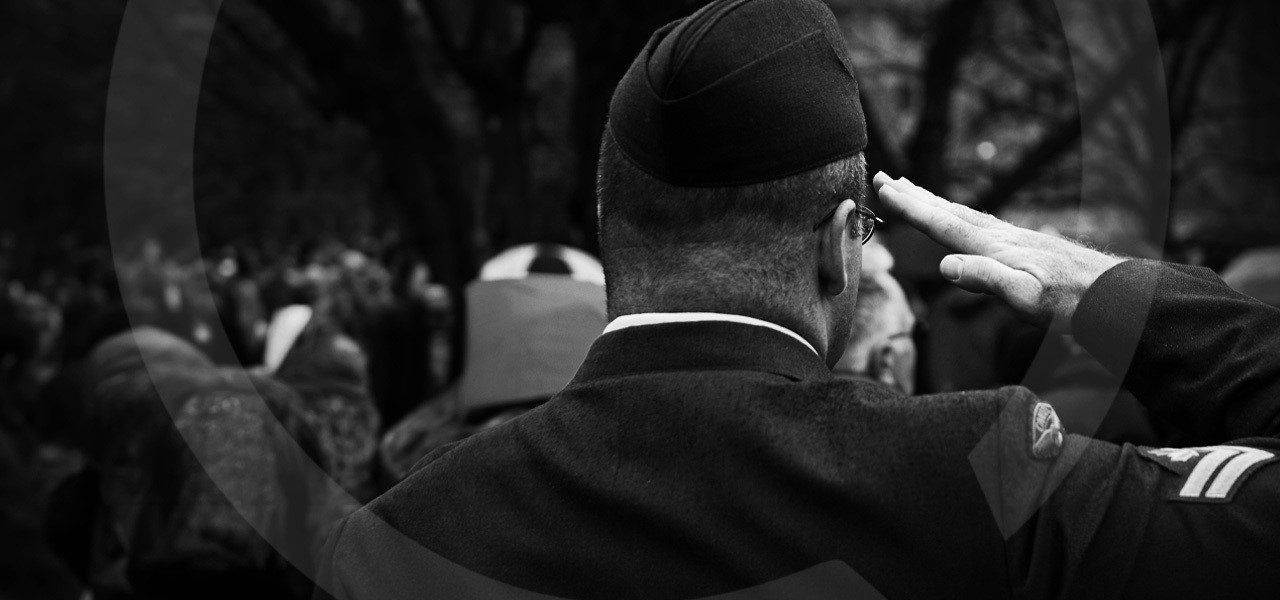We look into the unique mental health conditions and addiction challenges facing active Canadian Armed Forces members and veterans and how EHN Guardians facilities can address them.
Across Canada, military personnel put themselves at risk to protect our country. Since strength and stoicism are expected of them, the impact of their work on their mental health often goes unnoticed or unreported.
EHN Guardians is a collection of facilities offering treatment programs specifically created for military, veterans, and first responders. Why is having these dedicated facilities for these communities so important? Here are five reasons.
Military and Veterans Experience Addiction and Mental Health Disorders at Higher Rates than Civilian Populations
Statistics have consistently shown that active service members and veterans struggle with addiction and mental health disorders at disproportionate numbers compared to civilians.
In 2010, research showed that about 24% of veterans released from service between 1998 and 2007 were diagnosed with mental health conditions such as PTSD, depression, or anxiety.
From 1976 to 2014, suicide rates among veterans were alarmingly high, with men having a rate 1.4 times higher and women 1.9 times higher compared to their civilian counterparts.
How EHN Guardians helps: Our facilities use measurement-based care and a compassionate team of healthcare professionals to treat substance use mental health disorders. And our Aftercare program and EHN Guardians Alumni Community are here to ensure ongoing recovery and support.
They Need a Space to Share Their Experiences Openly
The everyday lives of those in military service are unlike that of the civilian population. When deployed, they often face dangerous situations and life-or-death decisions. As a result, they often experience a condition known as “moral injury.”
Moral injury is evident in the guilt or shame a person may feel over an act they witnessed or participated in which goes against their own values. It may be impossible for someone who exists outside the military world to understand how someone would do something they object to but sharing these experiences with those who truly understand can be the key to recovery.
How EHN Guardians helps: At every EHN Guardians facility, we have cultivated a supportive, empathetic community – from clients to clinicians. A judgement-free environment, our clients are encouraged to share their feelings with honesty and openness.

Their Unique Work Requires Innovative Treatment
The trauma that many military service members and veterans experience may be due to experiences faced while deployed overseas. This can include witnessing or being a part of armed combat or experiencing an explosion.
How EHN Guardians helps: Exposure Therapy is a psychological treatment option that was developed to help clients face their trauma in a controlled environment. It is especially useful for PTSD.
When people are fearful of something, they tend to avoid it. This avoidance might help reduce feelings of fear in the short term, however, over the long term it can make the fear become even worse. In such situations, exposure therapy may be recommended, in order to help break the pattern of avoidance and fear.
In this form of therapy, clinicians create a safe environment in which to “expose” individuals to the things they fear and avoid. Exposure to the feared objects, activities, or situations in a safe environment helps reduce fear and decrease avoidance.
We use innovative virtual reality in our exposure therapy to bring our clients to spaces impossible to visit while in inpatient treatment, perhaps a crowded marketplace or a far-off location. We have witnessed the transforming power of this treatment, allowing our clients to return to their work or simply carry on with their lives outside the military.
They Need a Recovery Culture That Suits Their Lifestyle
Military culture is deeply rooted in values that shape the behaviour and mindset of service members, including discipline, loyalty, and teamwork.
How EHN Guardians helps: We pride ourselves on having a team of people who truly understand the struggles our service members go through. Our EHN Guardians facilities and their mental health services were constructed specifically with these values in mind.
Used to early wake-up calls and regimented fitness routines, we’ve built programs that suit their needs. We start programs earlier than other EHN Canada facilities and our on-site fitness centres mean clients can maintain their physical fitness while working on their mental wellness.
Their Families Are Affected Differently
Mental health issues faced by military members often impact their families, as well. Deployment, in particular, can be incredibly stressful for both service members and their loved ones. For the service member, there’s feelings of isolation and guilt over missing important milestones with children. For the spouse of the deployed, they may have to deal with all household responsibilities alone, which can lead to exhaustion or even resentment. There is also the fear of injury or even death of their loved one.
Children often have the most difficult time dealing with the deployment of a parent. Toddlers may not understand why their parent isn’t around for bedtime or important events. School-aged children may fear their parent could be hurt, while teenagers may feel anger or resentment toward their deployed parent.
How EHN Guardians help: All of our treatment programs and rehabilitation services include a family education programto help the family of service members learn about and cope with their loved ones’ addictions and mental health disorders.
EHN Guardians – where those who help go for help.
If you or a loved one is a military professional or veteran and need help with a mental health or are seeking addiction treatment, please reach out to us at 1-825-414-2268 or complete our online form and we will contact you soon.

